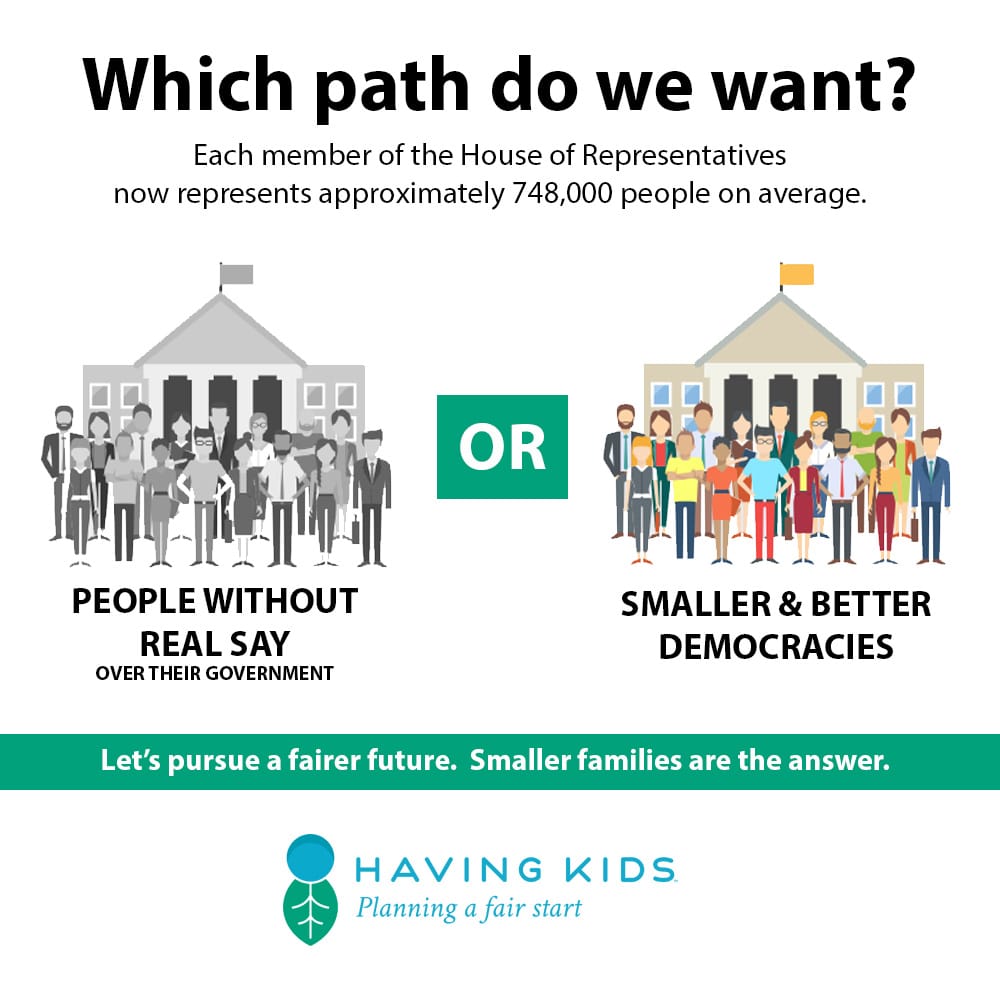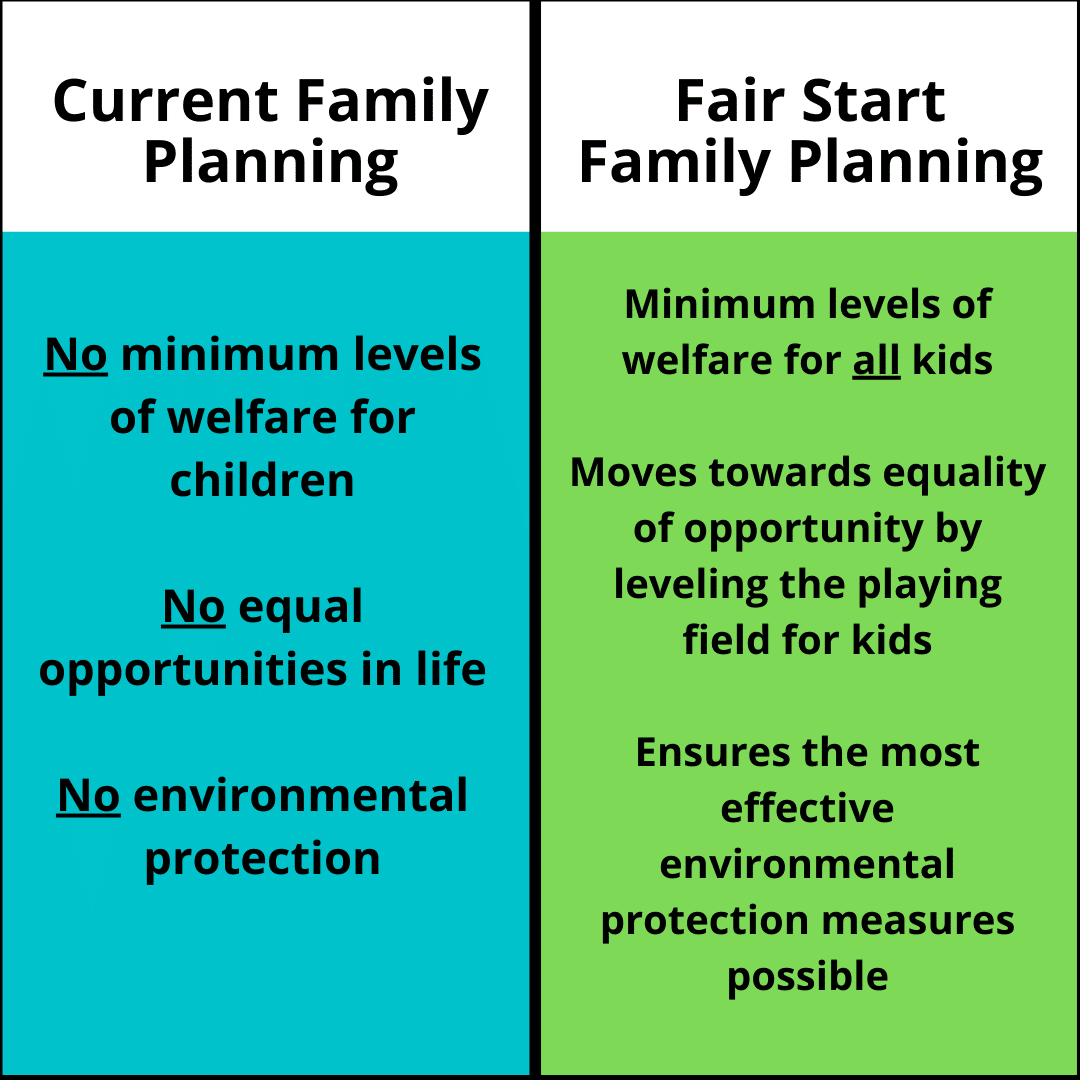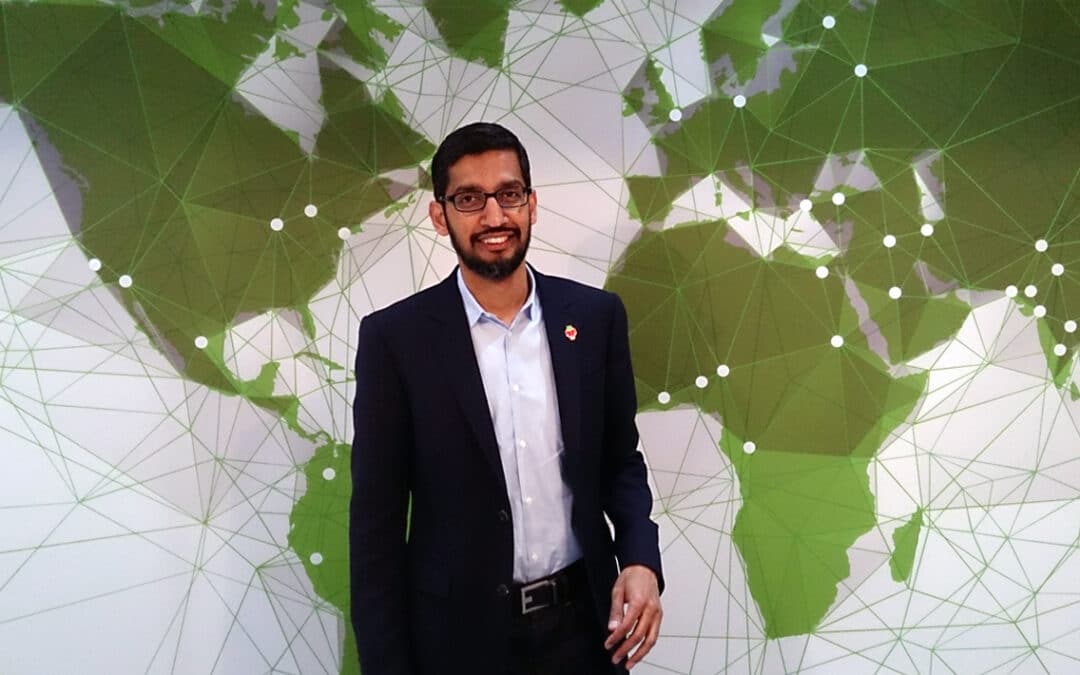Dear Sundar,
Congratulations on Google’s recent plans to invest in U.S. job creation, and on your ongoing commitments to social justice in this country. Our organization, Having Kids, is reaching out to you regarding an issue fundamental to social justice – the laws and policies that control the way we plan families and raise our children.
Google recently announced plans to disrupt liberal arts educational systems with its career certificate program. While the move expands economic opportunities for many, it places Google – an influential actor – at a crossroads between two directions this country may go in terms of family planning and educational policy, culture, and practice. The choice is fairly binary, given the nature of population growth.
A. We can treat the country as an economy to be driven – as Nobel Laureate Steven Chu recognized – by unsustainable population growth, buoyed up by family planning, rearing and educational policies that ensure no minimum levels of welfare at birth, no equal opportunities in life, political systems where the average person has little impact, and no fundamental right to a biodiverse and natural world. This approach responds to a perceived “baby bust” in population growth by simply creating more and more people as economic inputs. This is the approach championed by Ivanka Trump in her policies on family planning and education, and much of this was recently adopted by Congress in its stimulus legislation.
B. We can treat the country as a democracy, with family planning, rearing and educational policies which push in the opposite direction, creating fewer people in whose development we invest more, and in ways that are equitable. This requires cooperative family planning systems where parents, and the centers of wealth and power both public and private, work together to ensure all children are born above certain thresholds (like those specified in the Children’s Rights Convention). This move can help us approach equality of opportunities in life, as well as restructured democracies where each voice is heard. These moves, in turn, are consistent with future generations enjoying a biodiverse and natural world. This approach is the subject of recent peer-reviewed research, and can be implemented through things as simple as fertility delay incentives. All of this comports with the Sustainable Development Goals, and eventual stabilization at an optimal world population range of the sort Sir Partha Dasgupta has envisioned. This approach could be termed Fair Start family planning.

There are compelling reasons to choose the latter, or more investive than exploitative, approach. It has ten to twenty times the beneficial impact on key crises facing our species, from the climate crisis, to massive inequity, to failing democracies. But more importantly, it is the best interpretation of the Universal Declaration of Human Rights promise of a fundamental human right to have children – one that every generation should enjoy. And because that right is uniquely peremptory, or lexically primary in that we are before we do, we are simply obligated – under international law – to implement it. Put another way, because human rights and democracies must precede and regulate economies, they come first and we must plan to comprise future generations as such.
We urge Google to take a stand in favor of Fair Start family planning reforms, and we stand ready to assist in any way we can.
Sincerely,
Cat Hughey,
Executive Director, Having Kids


